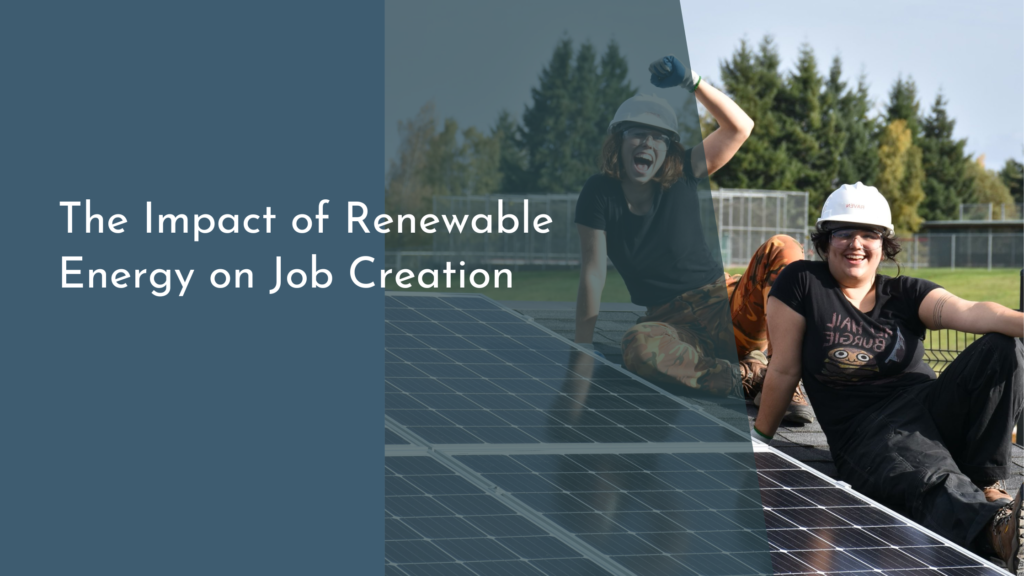Public Awareness and Education on Renewable Resources
As the world grapples with the challenges of climate change, dwindling natural resources, and environmental degradation, the spotlight has increasingly turned towards renewable resources as a beacon of hope. These resources, which include solar, wind, hydro, and biomass, offer sustainable alternatives to fossil fuels and are key to a greener future. Yet, a significant hurdle remains in making the public fully aware of their importance and potential. In this article, we will explore the significance of renewable resources, discuss strategies to enhance public awareness, highlight educational programs worldwide, and conclude with an optimistic outlook on a sustainable future.
Understanding the Importance of Renewable Resources
Renewable resources are vital because they provide a sustainable and inexhaustible source of energy that can reduce our reliance on fossil fuels. Unlike finite and polluting resources such as coal and oil, renewables like solar and wind power harness natural processes that are constantly replenished. This shift is essential not only to mitigate climate change but also to ensure energy security as global populations and energy demands continue to rise. By transitioning to renewable resources, we can reduce greenhouse gas emissions, minimize our carbon footprint, and protect the environment for future generations.
Beyond environmental benefits, renewable resources have economic and social advantages, creating jobs and boosting local economies. As countries invest in renewable energy projects, they generate employment opportunities in various sectors, from manufacturing to installation and maintenance. Moreover, renewable energy projects often lead to greater energy independence, reducing countries’ vulnerability to global energy market fluctuations. In regions with abundant renewable resources, this transition can also lower energy costs, providing affordable and reliable energy to all segments of society.
Strategies for Raising Public Awareness
One effective strategy for raising public awareness about renewable resources is through targeted media campaigns. These campaigns can utilize various platforms such as social media, television, and print media to disseminate information on the benefits and feasibility of transitioning to renewable energy. By engaging the public through compelling narratives, infographics, and success stories, these campaigns can inspire individuals and communities to adopt renewable energy practices and advocate for policy changes.
Community involvement is another powerful tool for increasing awareness and engagement. Local workshops, seminars, and public forums provide opportunities for individuals to learn about renewable resources directly from experts and advocates. These events can also serve as platforms for discussing the practicalities of implementing renewable solutions in households and communities. By fostering a sense of community ownership and participation, these initiatives can drive grassroots movements that support sustainable energy transitions.
Educational Programs and Initiatives Worldwide
Around the globe, educational institutions and organizations are spearheading initiatives to integrate renewable energy education into their curricula. For instance, universities are offering specialized courses and degrees in renewable energy engineering and sustainability, equipping students with the knowledge and skills needed to drive innovation in this sector. Schools are also introducing younger students to the concepts of renewable resources and environmental stewardship through hands-on projects and science fairs, ensuring a generation of environmentally conscious individuals.
Governments and NGOs are also playing a crucial role by launching large-scale educational campaigns and programs. Initiatives like the International Renewable Energy Agency (IRENA) promote knowledge exchange and capacity building among member countries, focusing on training, policy development, and technology transfer. Online platforms and open-access resources further democratize education, allowing anyone with internet access to learn about renewable energy technologies and their applications, thus spreading awareness to a global audience.
Embracing a Sustainable Future: A Cheerful Conclusion
The move towards a sustainable future powered by renewable resources is not just a necessity but a wonderful opportunity to foster a healthier planet. By embracing renewable resources, we do not only address environmental concerns but also pave the way for a more equitable and prosperous world. With public awareness and education, individuals and communities can make informed decisions, advocating for policies that prioritize sustainability and drive societal change.
As awareness spreads and education deepens, the potential for a cleaner, greener future grows brighter. Collaborative efforts across nations, sectors, and communities are essential in this journey. By working together, sharing knowledge, and supporting innovation, we can create a world where renewable resources are the norm rather than the exception—a world where future generations inherit a planet thriving with life and opportunity.
In conclusion, raising public awareness and education on renewable resources is a pivotal step towards achieving a sustainable future. The importance of these resources, coupled with strategic awareness campaigns and robust educational initiatives, can empower people everywhere to contribute to a global transition towards a cleaner environment. As we embrace this journey, let us do so with optimism and determination, knowing that our efforts today will lead to a brighter tomorrow for the planet and its inhabitants.

